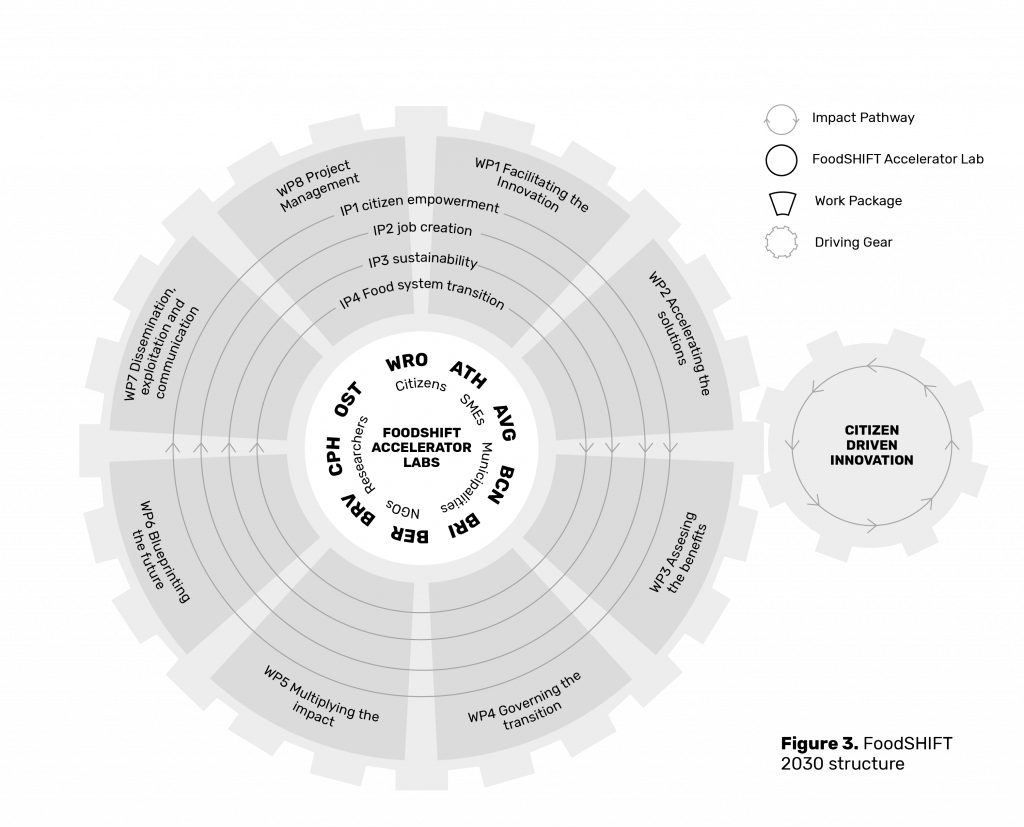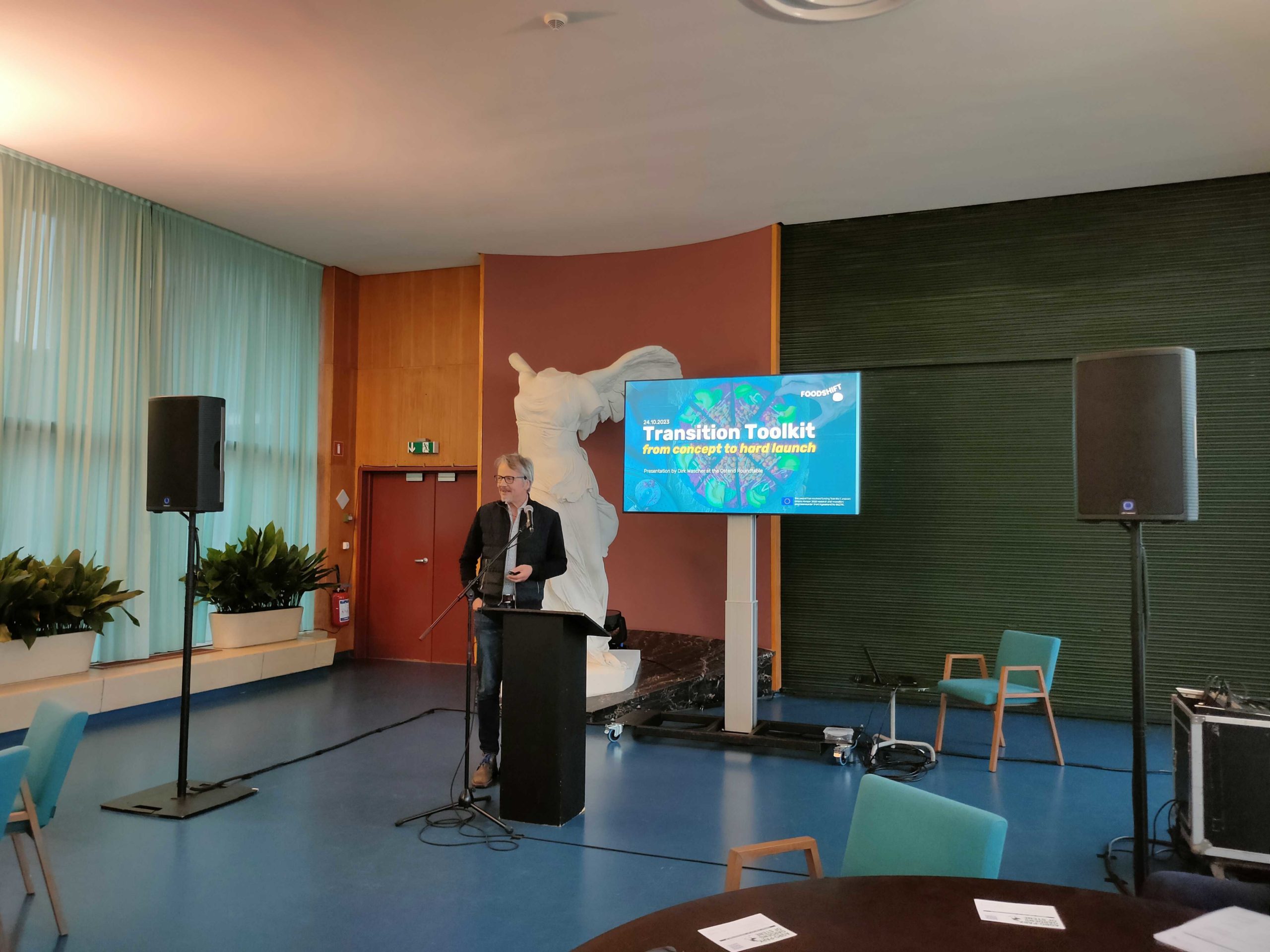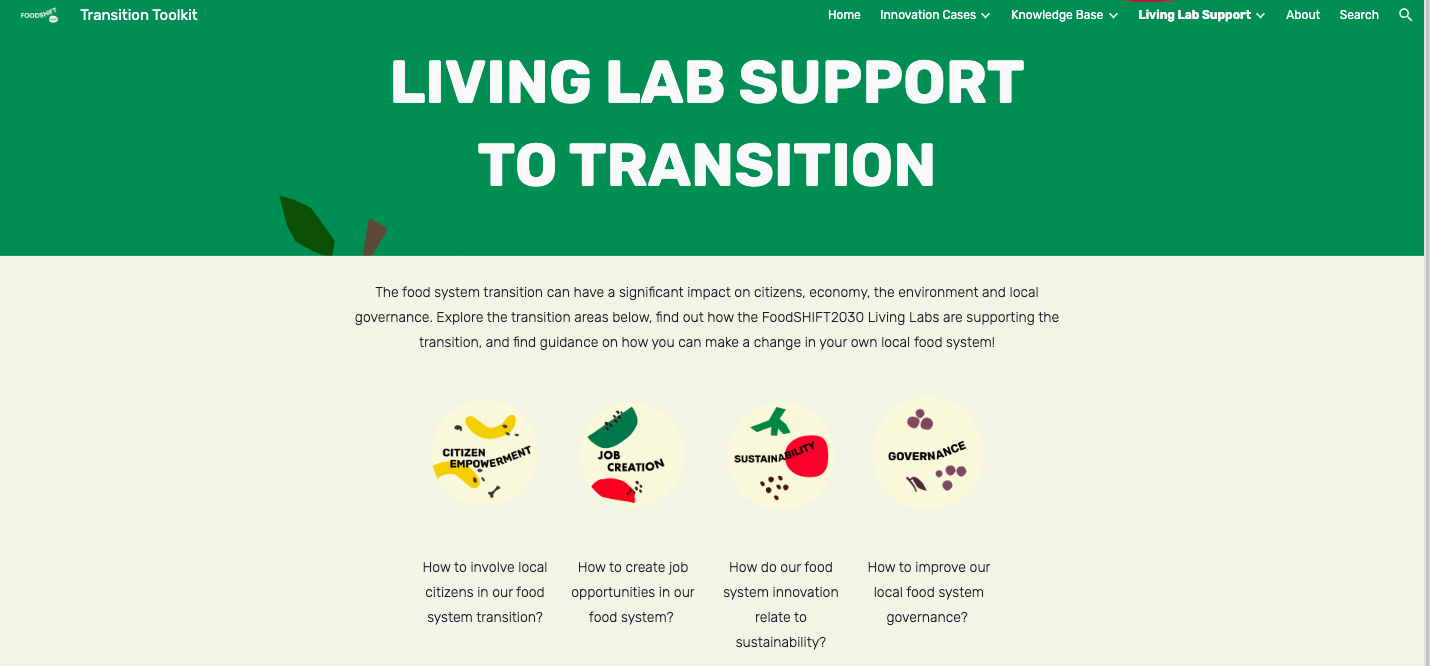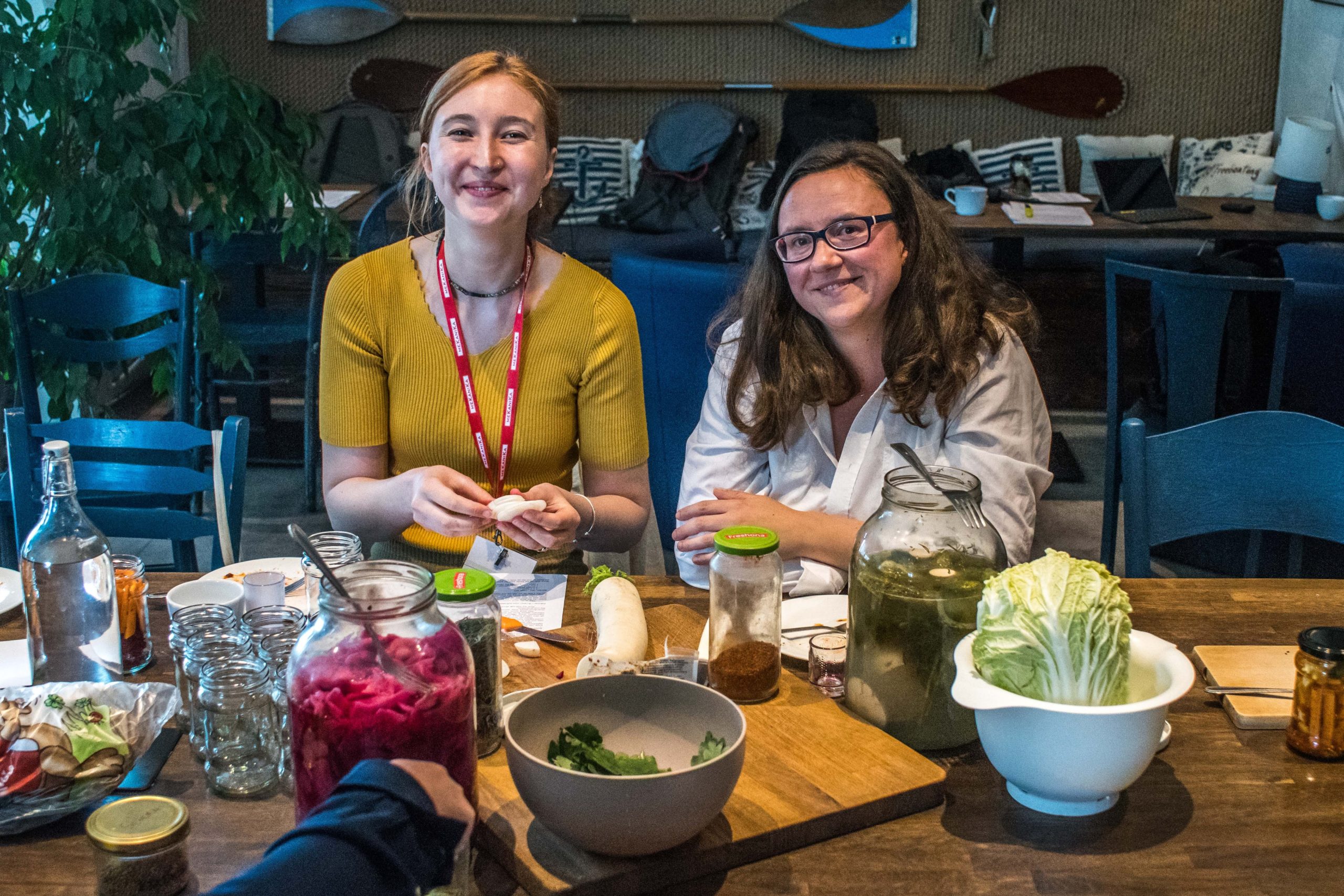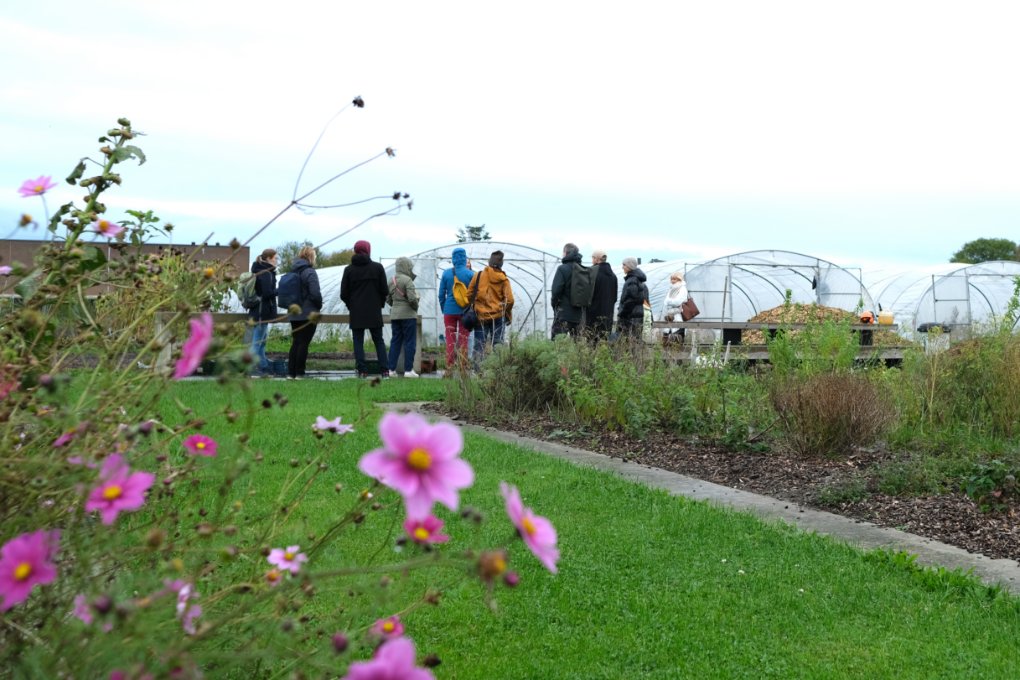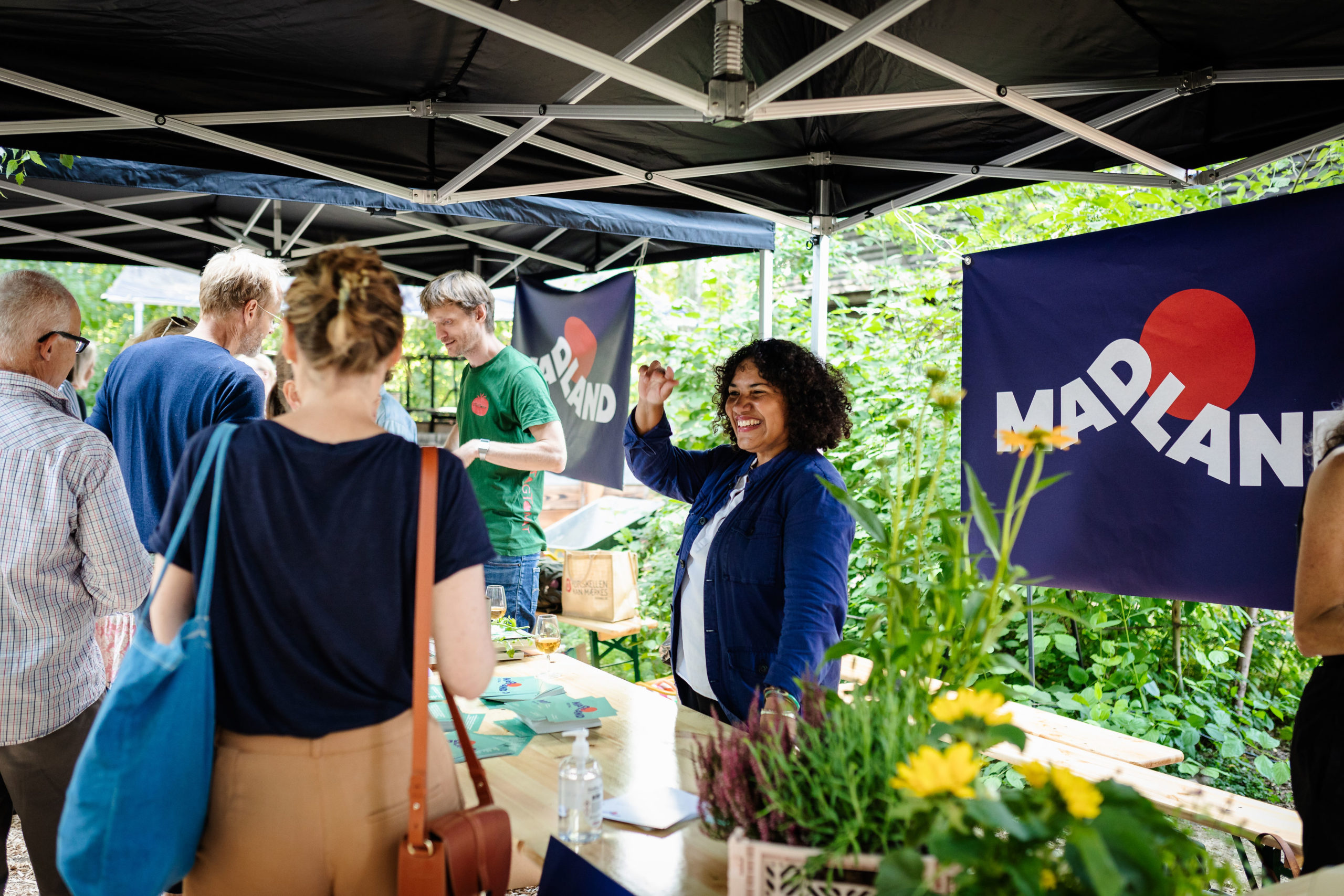FoodSHIFT 2030 Impact Pathways
09 May 2020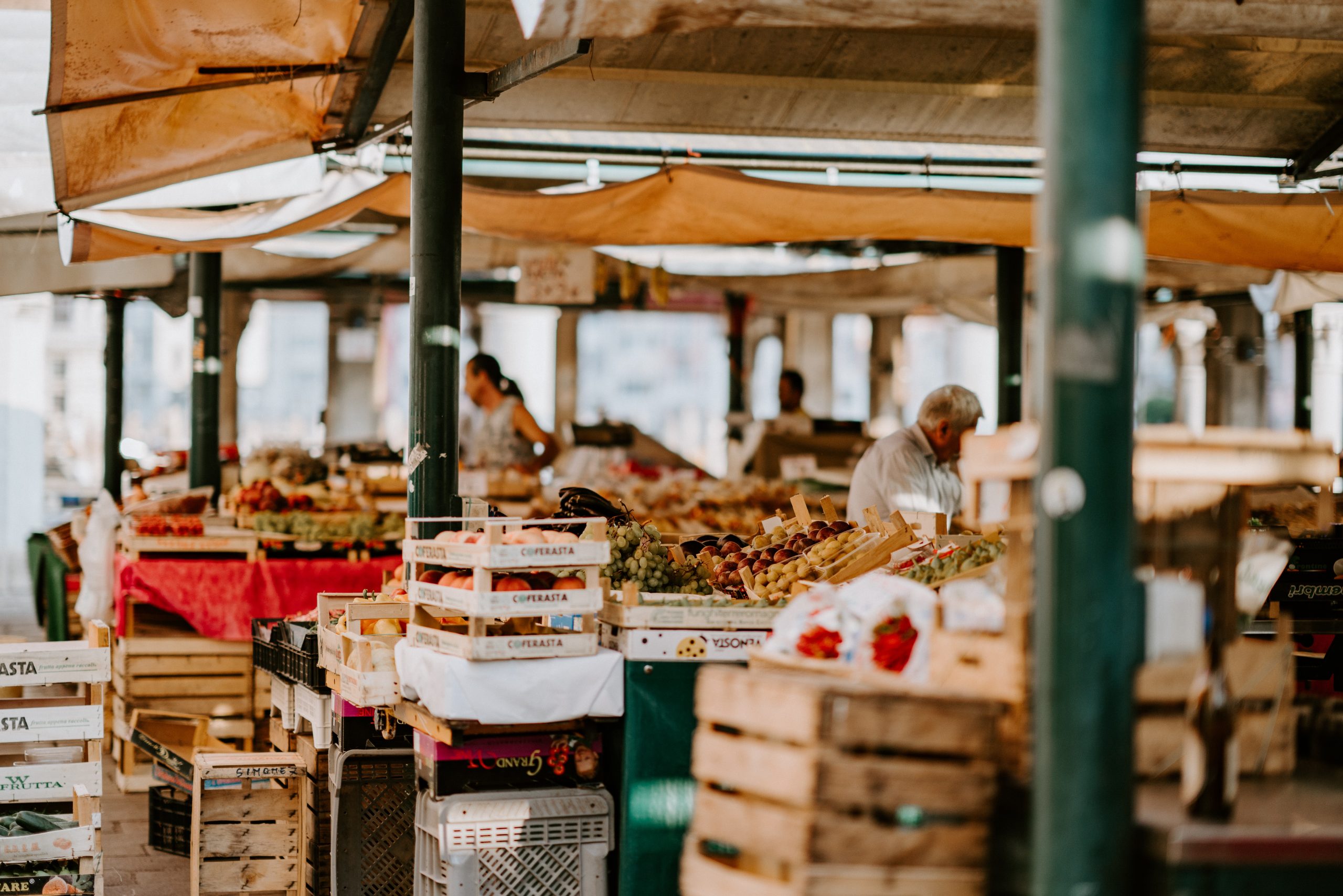
In addition to a more traditional work package–orientated project structure, FoodSHIFT 2030’s innovative framework has integrated horizontal workflows on key topics that are essential to the project, termed Impact Pathways.
Four ‘horizontal’ Impact Pathways will be operationalized to ensure that citizen empowerment, job creation, sustainability, and food system transition are adequately addressed and fully integrated across the work packages (WPs). The Impact Pathways will ensure that the outputs of the individual WPs have tangible outcomes and real-life impact for citizens, policymakers, businesses, and the environment in both the participating city-regions and in the EU. These Impact Pathways safeguard the development of four FoodSHIFT Blueprints which aim to continue beyond the project lifetime, continuing to support the food system transition towards a low carbon, circular future by 2030.
The four FoodSHIFT 2030 Impact Pathways
Impact Pathway 1 – Citizen Empowerment led by Flanders (ILVO)
The FoodSHIFT Citizen Empowerment scheme will empower citizens in all European and global city-regions to influence the way their food is produced, distributed, consumed, and recycled.
This impact pathway will unlock civic potential, ensuring that citizen-driven innovation and citizen participation will be the cornerstone of all FoodSHIFT Accelerator Labs. The FoodSHIFT project will also develop customized FoodSHIFT Sensor Kits – in which citizens can actively participate in citizen science, collect data, and relay this to the Smart Citizen Platform. The Citizen Empowerment scheme will promote citizen-driven strategies for improving food system governance whilst also placing them in the center of the knowledge transfer ecosystem and ensuring their involvement in the four FoodSHIFT Blueprints. The FoodSHIFT Citizen Empowerment Scheme will be co-created together with citizens active in the FALs and the FELs (FoodSHIFT Enabler Labs). The scheme will feature interactive tutorials and downloadable files outlining the actions that local governments, SMEs, NGOs, and citizens themselves can take in order to facilitate the empowerment of citizens in all European and global city-regions to influence the way their food is produced, distributed, consumed and recycled.
Impact pathway 2 – Job Creation, led by Universita Degli Studi Di Milano (UMIL).
The FoodSHIFT Job Creation Platform will provide information about business development, job creation and job opportunities targeted for SMEs, NGOs, municipalities and citizens
Job Creation will be central to FoodSHIFT 2030 when defining common priorities and the tailor-made trajectories for the FALs. This includes realistic job creation plans within innovative business plans for food system accelerations. The Job Creation Platform will support business development for food sector start-ups and ensure that this knowledge is included in the knowledge transfer between FALs, from FALs to FELs, and via city and region networks.
The FoodSHIFT Job Creation Platform will be designed with the FALs and made available online. It will provide information for SMEs on how to develop and operationalize a business plan, raise capital for food system innovations, and recruit the most qualified employees; NGOs on how to develop and operationalize a non-profit strategic plan, obtain funding for food system projects, and recruit the most qualified employees; municipalities on how to facilitate food sector start-ups, support business development and promote job creation in the food sector; unemployed citizens on how to qualify for, apply for and obtain a job in the food sector and retailers and food companies on how to find local partners to implement and strengthen local value chains.
Impact pathway 3 – Sustainability, led by DRAXIS.
Developing the Sustainability Scoring System will make it possible for food system stakeholders around the world to assess the impacts of different food system innovations on the Sustainable Development Goals.
FoodSHIFT 2030 will ensure that the SDGs are considered across the project, including as common priorities for the FALs, implementation targets, accelerating the innovations, and co-creating the business plans. Sustainability indicators will be developed and utilized in the assessment of food systems and food system innovations. The FoodSHIFT Sustainability Scoring System will be co-developed together with the FALs. The Sustainability Scoring System will be made available online to enable food system stakeholders around the world to assess the impacts of different food system innovations on the SDGs.
Impact pathway 4 – Food System Transition, led by SUSMETRO.
The FoodSHIFT Transition Toolkit will be co-created to guide SMEs, NGOs, local governments and citizens on how to design a sustainable local food system, in which citizens are empowered to take an active part in the food system transition and influence the way their food is produced, distributed, consumed and recycled.
The FoodSHIFT Transition Toolkit will extract the cumulative knowledge on all aspects of food system innovation generated throughout the project. The Toolkit will offer multi-criteria search functions on a wide range of food system innovation issues such as assessment models, indicators, expert profiles, and comprehensive information on Food System Innovation Good Practice. The Toolkit will be connected to the wider FoodSHIFT knowledge base, providing access to in-depth background information on project results such as innovation trajectories and footprint assessment. The Toolkit will also include the FoodSHIFT Citizen Empowerment Scheme, the FoodSHIFT Job Creation Platform, and the FoodSHIFT Sustainability Scoring System.
The FoodSHIFT Transition Toolkit will be made available online to guide: SMEs on how to accelerate food system innovations and develop their businesses, empower citizens, create jobs and contribute to a sustainable food system transition; NGOs on how to co-create a sustainable local food system, in which citizens are empowered to take an active part in the food system transition and influence the way their food is produced, distributed, consumed and recycled; municipalities on the best food system innovations in the city-region and how to support the transition towards a low carbon, circular future and, citizens on how to get started with designing their own local food system and contributing to the transition of the food system from a primarily meat-based diet to a more plant-based diet.
